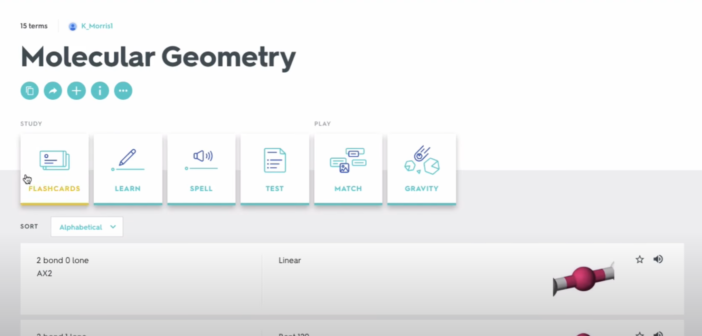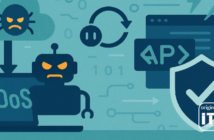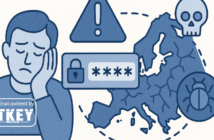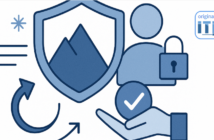The post was originally published in Russian on Startup of the Day. Alexander kindly agreed to republish what we think is of great value to our readers.
One of the most homogenous target audiences is school children. 10-20% of a country’s population, living the same rhythm with the same tasks and demands. And all the school children share the same pain – studies. Teachers, parents, peers, – all of them cram information into them, and no head is enough to retain it all. It’s a pain! It would seem that simply to produce a pill would guarantee success. It’s amazing that there has been too little of such projects.
Quizlet, the American startup of the day, tackled the problem head on. If it’s difficult to learn, we’ll help to learn. If it’s easiest to help with learning by heart, we’ll make a tool for learning by heart. If gamification is the most efficient method for working with kids, we’ll employ gamification. If the school program is different everywhere, let’s allow pupils and teachers to fill the knowledge base. There, the concept for a project is ready, all that’s left is for the product developers to place the screens in the correct order in the app.
Today Quizlet has over 200 million ‘modules’ – sets of facts in one topic: dates, names, etc. The teacher sends kids the fitting one or creates a new one in case they couldn’t find the fitting one. At home, the pupils study the module in an app, this is much more fun than a textbook, some exercises are even in the form of games. But overall, all the diversity boils down to the system displaying a description ‘Author of Hamlet,’ and the kid chooses or inputs ‘Shakespeare’ in one form or another. In class, the knowledge gets checked the oldschool way or, once again, via Quizlet, it has an online game mode for that. The children have more fun learning, the teachers get better prepared pupils, and this means a higher GPA at the local state exams, everybody is happy. If the teacher doesn’t appreciate the progress and doesn’t use Quizlet, the pupils look for the fitting modules themselves – studying in an app is still more fun than a textbook.
The monetization model is also apparent – wild amounts of ads, paid ad-free version, part of the function available only with paid subscription. Quizlet boasts that about a half of schoolchildren in America are already using it, but it seems like they are exaggerating by a mile. Aside from the USA, the app is widespread in the obvious Canada and several less obvious countries like Switzerland and the Netherlands. THe company has spent USD 12M of investments and received 20 more quite recently.
—
This is a rerun from 2018. The startup feels very well, it even became a unicorn at the beginning of the pandemic
Translation: Kostiantyn Tupikov

Alexander made his career in Russian internet companies including Mail.Ru, Rambler, RBC. From 2016 to 2018 he was Chief Strategy and Analytics officer in Mail.Ru Group. In this position, he worked on M&A, investments, and new project launches. In 2018 he became Deputy CEO in Citymobil, a Russian Uber-like company that was invested by Mail.Ru Group and Sberbank (the biggest Russian bank), then he left the company to launch his own projects. Now Alexander is a co-founder of United Investors – the platform for co-investments in Russian early-stage startups. His blog #startupoftheday (#стартапдня) is one of the most popular blogs about startups in Russia.





